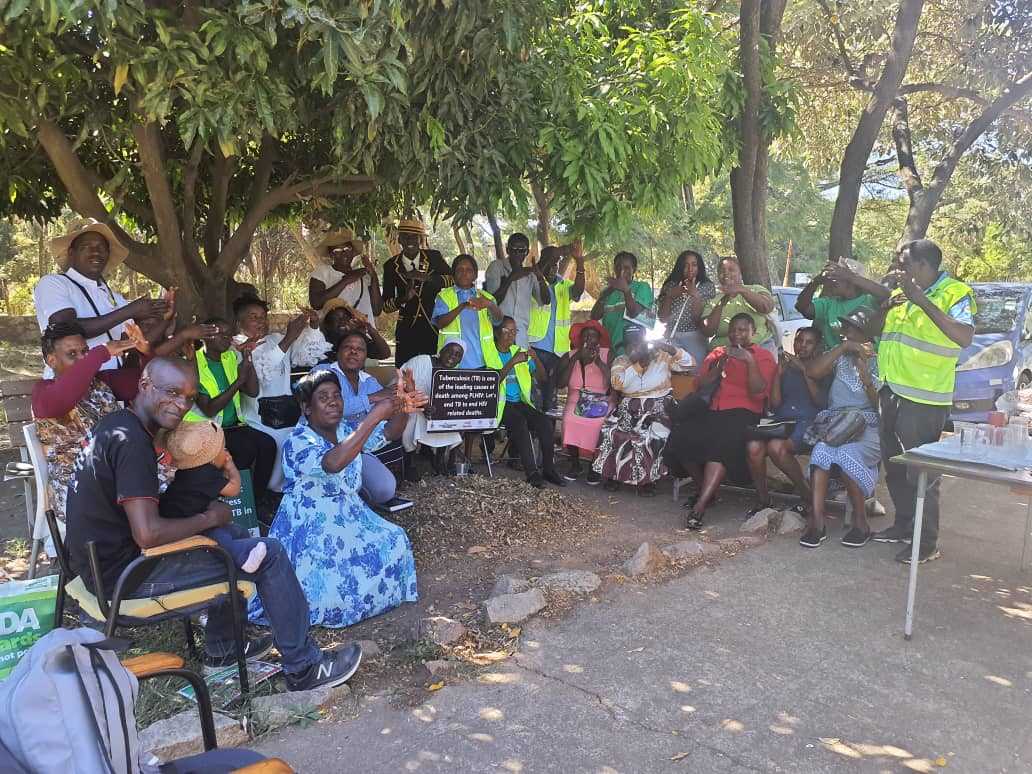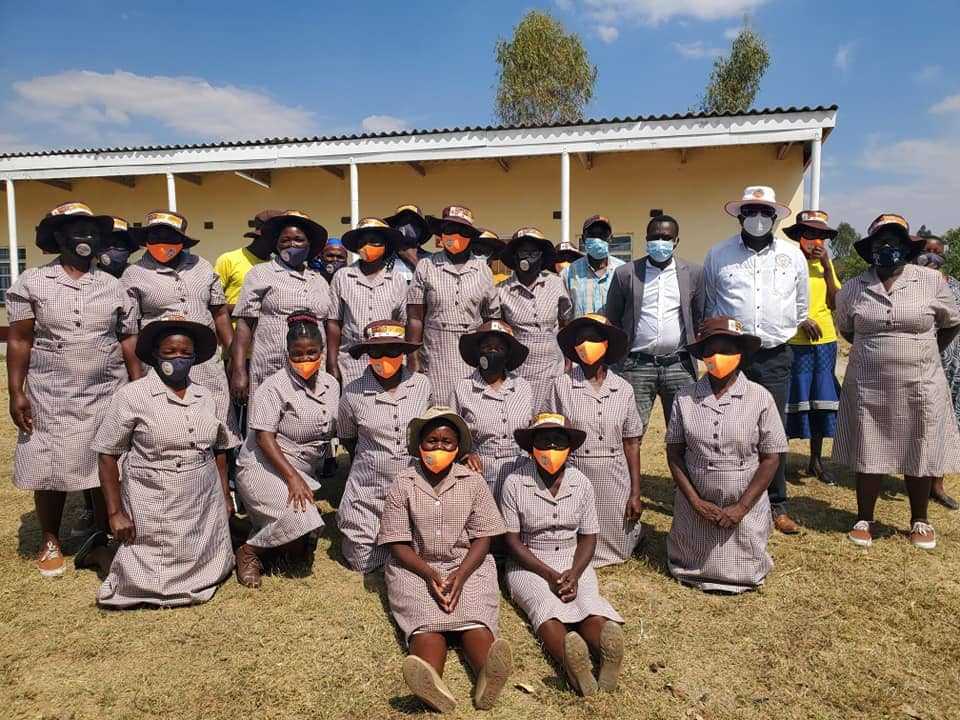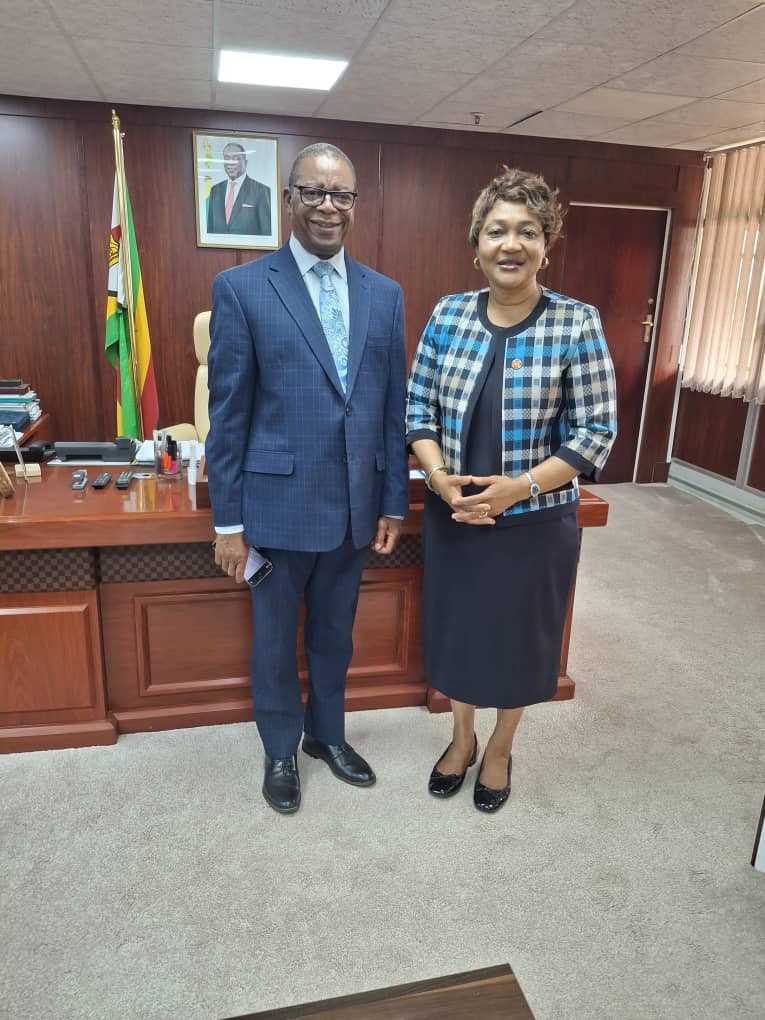
Zim Now Writer
The Zimbabwe National Network of TB Survivors launched another TB Survivors support group in Hatfield, bringing the number of support groups formed in greater Harare to 11.
These support groups have played a big role in TB response in communities and play a critical role in disseminating correct information on tuberculosis since they are the ones who survived tuberculosis.
The groups have the duty to offer the-much needed psychosocial support to TB patients and to clear the myths and misconceptions around tuberculosis by offering correct information on TB.
They also create demand for TB Prevention Therapy which is another prevention method which is offered mostly to those on ART medication and those living with infected persons.
Speaking during the launch, the Zimbabwe National Network of TB Survivors Harare provincial chairperson, Stanley Sibanda emphasised the need to capacitate TB survivors as they have the potential to accelerate the ending of tuberculosis.
He also gave a brief overview of the main responsibilities of TB Survivors in TB response.
The Network’s vice chairperson, Ernest Fulawo, shared on why these support groups have helped and assured TB patients that tuberculosis is curable, adding that early detection saves lives.
The Network will work hand in hand with the clinics giving health talks at the facilities.
Related Stories
Globally, 10.6 million people have developed TB while an estimated 1.6 million people died of TB in 2021 alone.
Despite progress made in the last two decades, the incidence of TB is not declining fast enough to end the disease. In Zimbabwe, an estimated 29 945 people developed active TB in 2021 and only 16 541 were diagnosed and put on treatment.
A significant number of people are still being missed and not getting the treatment they need and deserve.
In addition, the proportion of children who were diagnosed with TB has been consistently low, hovering around 6% for the past four years.
Stigma and discrimination, limited resources, limited capacity to diagnose TB in children and catastrophic costs suffered by TB patients as they seek services remain key challenges.
To address some of the challenges and increase efforts to end TB by 2030, Zimbabwe launched the process of the development of the Multi-Sectoral Accountability Framework for TB (MAF-TB) on January 17, 2023. The MAF-TB aims to support effective accountability within government and all stakeholders from various sectors in order to accelerate progress to end the tuberculosis epidemic.
The MAF-TB development process is being led by the Ministry of Health and Child Care, with support from Jointed Hands Welfare Organisation, Clinton Health Access Initiative, Stop TB Partnership Zimbabwe and the World Health Organisation.
Financial support for the development process is coming from USAid.




















Leave Comments